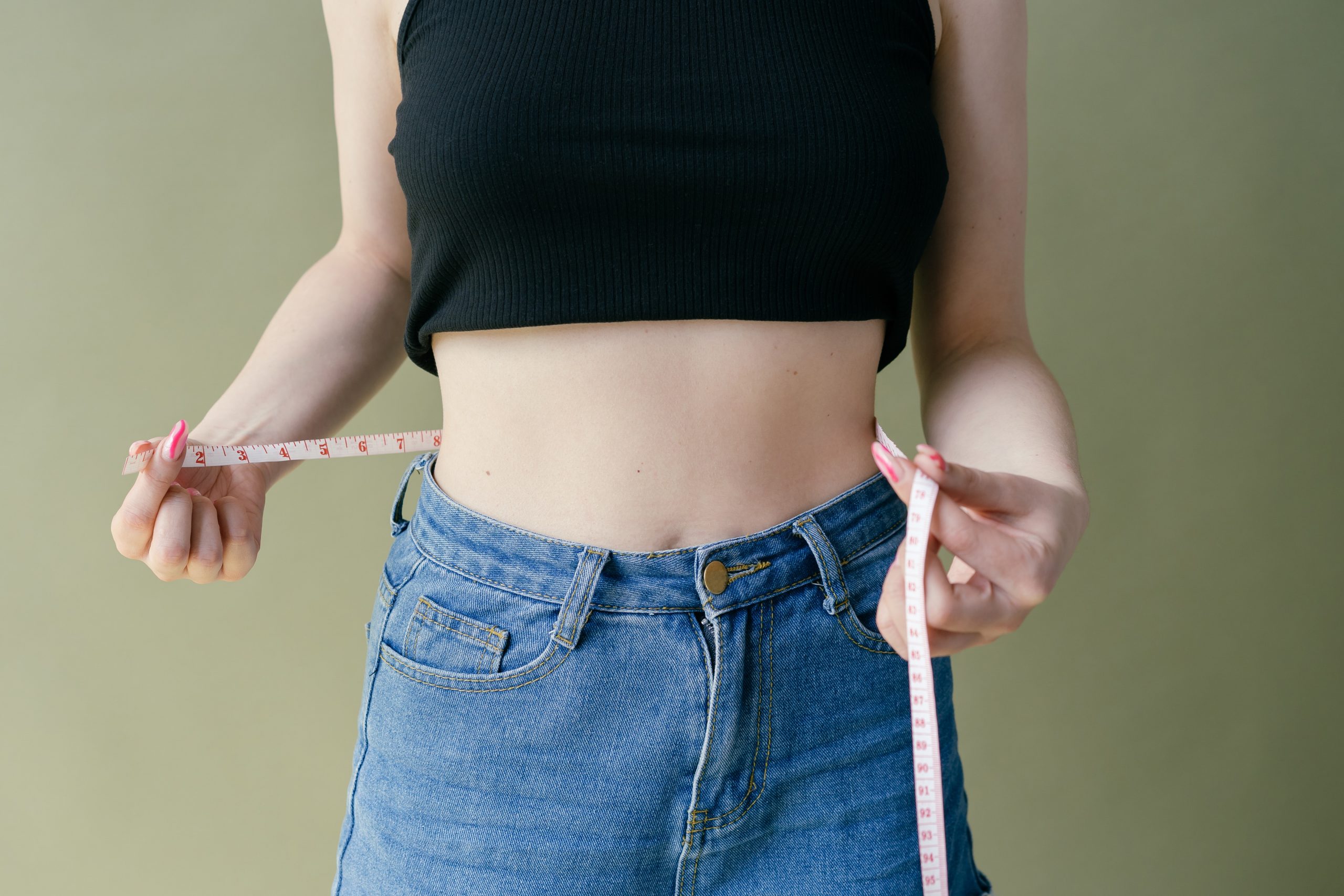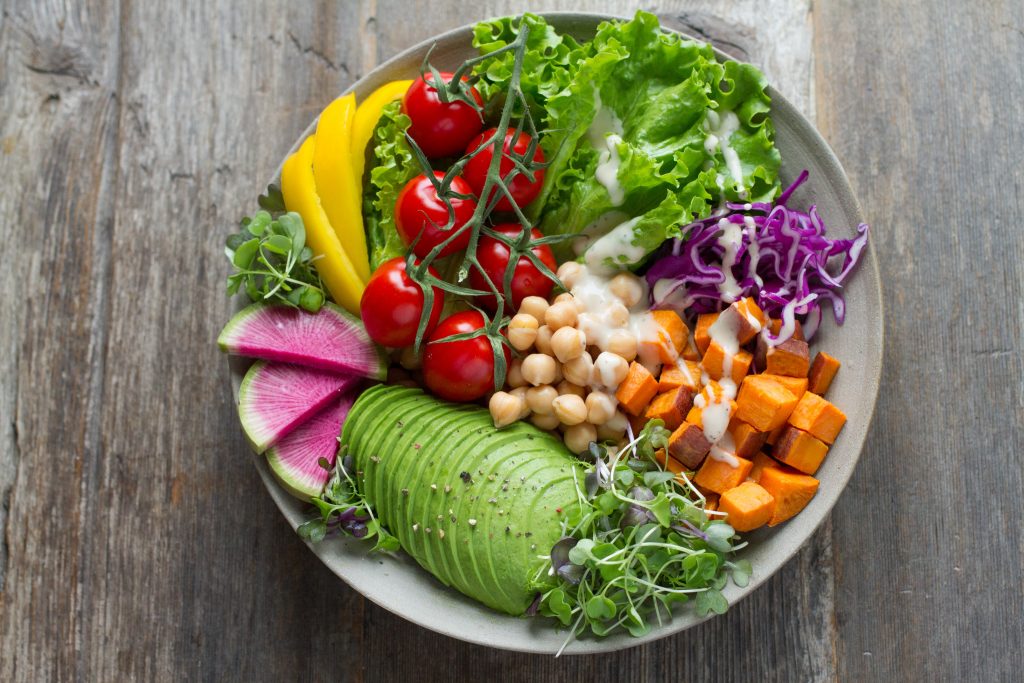
Fat Loss 101
Obesity is a serious global and American health challenge. Even if you’re just carrying a few extra pounds (particularly around your middle) being overweight can cause serious health problems and quality of life issues.
Are you ready to make a change? Maybe you want to turn over a new leaf for your health but aren’t sure where to start. The good news is that fat loss is possible, and there is science behind how to make it happen for you in a healthy and steady way. Consider this fat loss for beginners!
Creating a Calorie Deficit
The way your body loses fat is by burning more calories than you consume. The math is relatively simple, and you can work out roughly your daily caloric requirement depending on your gender and age range.
What weight loss comes down to is: Exercise more and eat (a lot) less. You can create a calorie deficit by just cutting out (say) 200 calories a day, or by trying some version of intermittent fasting. Intermittent fasting can involve:
- Eating a lot fewer calories on two days of the week and normally for the other five
- Restricting your food intake to an eating window of 6 or 8 hours a day
- Skipping breakfast or dinner
Regardless of how you proceed, you should get mindful regarding the calories you’re consuming and the quality of your food’s nutritional value. That could mean starting a food diary to really keep track of your choices.
Drinking alcohol and soft drinks both add a number of calories that is surprising to many, so if you’re serious about improving your health and losing fat, cutting out booze and soft drinks can be an easy way to make an immediate impact.
Cutting down on sugar or avoiding it completely is also a great way to quickly lose fat. Among the reasons why sugar is particularly problematic is that it messes with your body’s hormones, making it harder for you to lose fat. If you can’t stop craving it, that’s all right — help is at hand.

Sugar, refined flour, and processed foods all combine empty calories with limited nutritional value, but natural foods that are high in fiber have benefits for your microbiome, can help your body regulate blood sugar, and can keep you full longer so that you’re simply not ravenously hungry.
These natural foods include:
- Vegetables, particularly cruciferous vegetables like cabbage, broccoli, kale, and chard
- Fruits, particularly less sweet options like avocado, berries, and kiwifruit
- Unrefined whole grains like brown rice, barley, oats, and teff
Fermented foods like sauerkraut are particularly good for your microbiome, which can help your body burn fat and function more effectively. If you’re not sure how to improve your nutrition and make food that’s good for you and delicious, try these valuable classes and hints. Don’t forget to drink plenty of water and stay well hydrated, too!
Exercise
Exercise is a great way to burn calories. It brings related benefits to your body as well, such as improved heart and brain health. Some of the most effective forms of exercise to burn calories and so lose fat are:
High-Intensity Interval Training (HIIT)
Studies show that HIIT burns more calories than regular cardio, and it is supremely time-efficient. You can do HIIT with cardio or weights, alternating intense bursts of activity with slower recovery periods. Proper form is key so that you get the benefits and don’t injure yourself. Master an exercise like the goblet squat, and you’re on your way to burning fat and building full-body strength.
Weights Training
Using weights increases muscle (which itself burns calories) and improves your mood, fighting anxiety and stress. You can start light but build up as you increase your strength. If you’re new to weights, try a program to strengthen your core: abs, back, and glutes.
Yoga
Yoga is great for flexibility, balance, and mental resilience, not to mention strength and fat burning. Yoga classes are an excellent inclusion in your overall exercise routine as they help build core strength and encourage you to build healthy habits you can keep improving on.
Learning new skills is one of the best ways to make an exercise routine stick.
Of course, the best exercise is the one you will do. Most effective exercise regimens involve a mix of exercise styles and techniques, not to mention cardio and weights.

Proper Sleep
Your body needs time to rest and recuperate. When you exercise, you create small tears in your muscle. When you sleep, these heal, increasing muscle mass (which in turn burns fat). A rested brain also makes better decisions throughout the day relating to nutrition and exercise.
Proper rest for most people means eight hours a night of quality sleep. That means getting to sleep at a regular time like 10 pm every night. To get better sleep:
- Minimize distractions and screentime before you go to bed
- Make sure you have curtains that cut out light pollution
- Try yoga Nidra or meditation to relax
- Cut out caffeine in the afternoon and minimize alcohol intake before going to bed. Alcohol often helps you get to sleep faster, but also tends to lead to dehydration and shallow sleep.
Stress Management
The aforementioned yoga, proper sleep, and meditation all help with another critical component of fat loss: stress management. When you get stressed, your body produces the hormone cortisol. This is a natural response and one that helps you get out of dangerous situations, but prolonged stress and the release of cortisol can lead to increased belly fat and make it harder to lose fat, too.
Whatever it is that works for your stress management — and there is an array of helpful stress-management techniques to choose from — you have to see it as critical to your overall fat loss strategy, not an adjunct.

Fat Loss 101: Conclusions
It takes a holistic, mindful approach to lose fat. Fad diets promise a lot but aren’t really sustainable and can wreak havoc with your body’s hormones and metabolism.
If you’re wondering how to lose weight the right way, it involves making positive, steady changes to your nutrition, exercise, sleep routine, and stress management. Go to MyLifeWell for a myriad of resources to help you lose fat and make lasting positive changes to your health!
